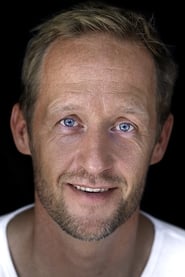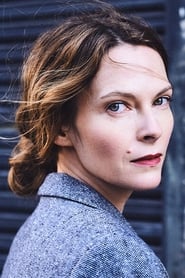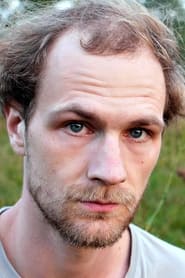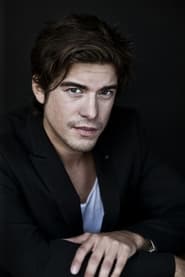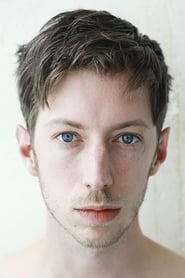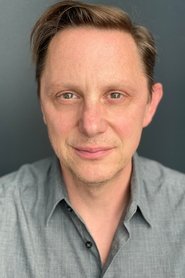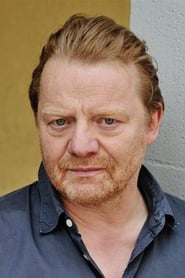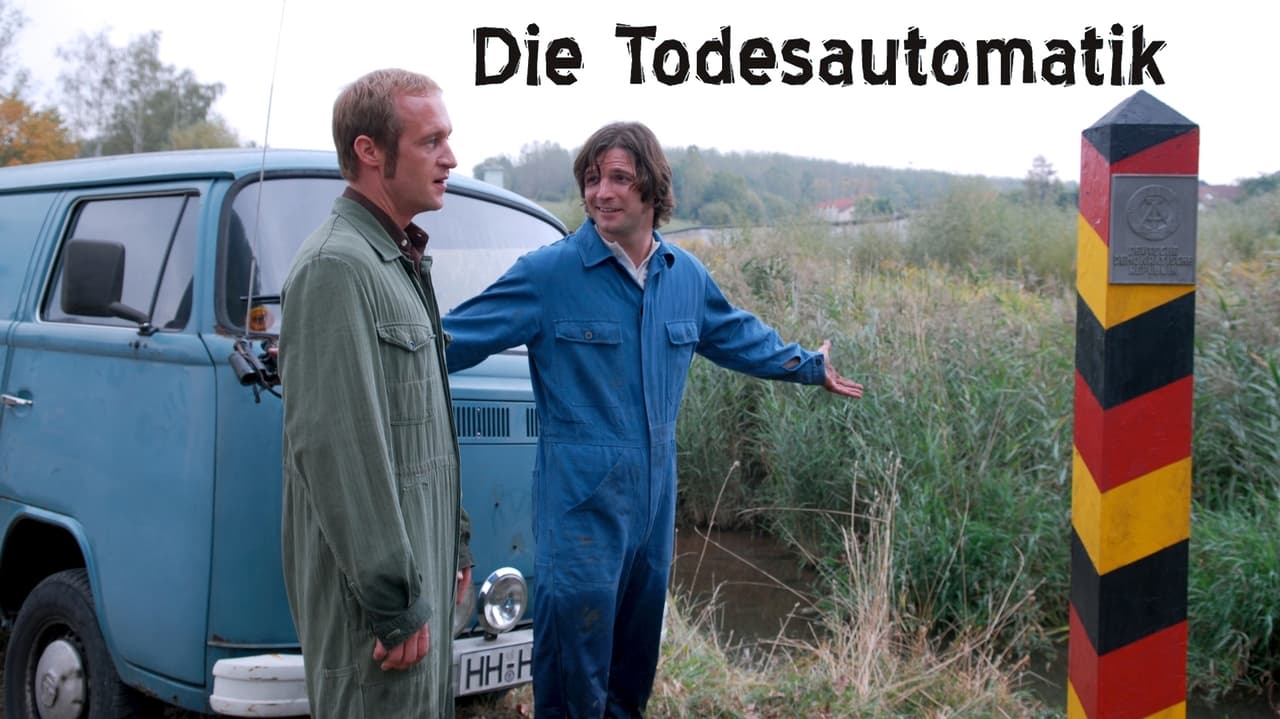
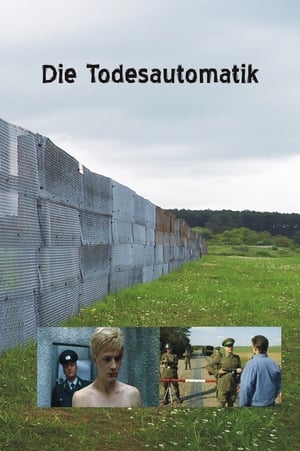
Die Todesautomatik(2007)
Movie: Die Todesautomatik
Top 10 Billed Cast
Bernd als Jugendlicher

Die Todesautomatik
HomePage
Overview
Release Date
2007-11-26
Average
2
Rating:
1.0 startsTagline
Genres
Languages:
DeutschKeywords
Similar Movies
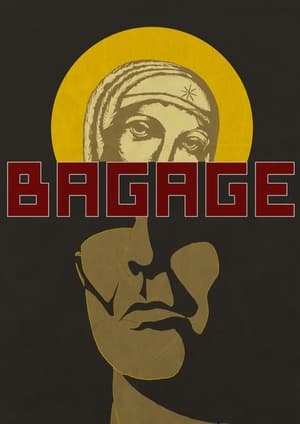 0.0
0.0Bagage(de)
The young Russian Leonid Zaharov tries to flee to the West via the GDR at the end of the 1980s. When he is bounced and there is no way forward, he looks back. Does he give up everything for freedom or does his happiness lie at his back?
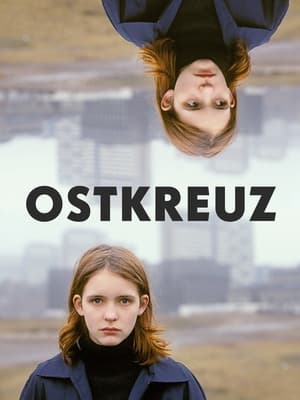 6.3
6.3Eastern Cross(de)
OSTKREUZ tells the episodic story of 15-year-old Elfie, who literally and metaphorically inhabits a no-man’s-land between the two Germanies shortly after the fall of the Berlin Wall. The film deploys a neorealist aesthetic to reinforce the difficulties confronting the girl, and by inference, Germany.
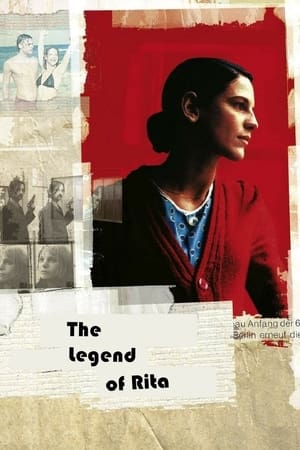 5.9
5.9The Legend of Rita(de)
Rita Vogt is a radical West German terrorist who abandons the revolution and settles in East Germany with a new identity provided by the East German secret service. She lives in constant fear of having her cover blown, which unavoidably happens after the German re-unification.
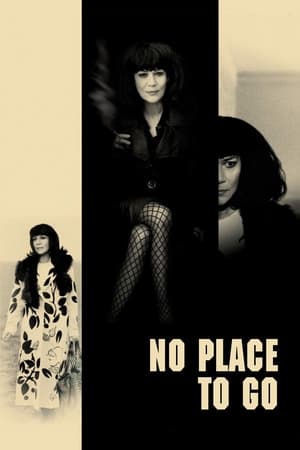 6.2
6.2No Place to Go(de)
Flanders, a famous female author, travels in 1989 after the fall of the Berlin wall into the German capital. She is deeply depressed by the events because she saw the communist state as a very good thing that has now ended. In the joy of these days she finds no one to understand her, so she has to travel back to Munich. After meeting several people, known and unknown, it seems as if there will be no way to go.
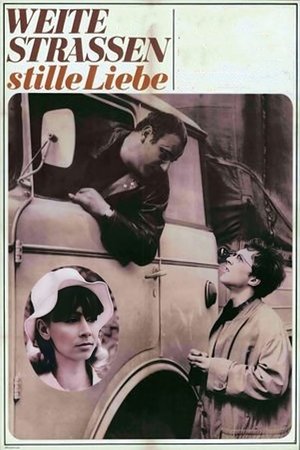 5.0
5.0Long Roads - Secret Love(de)
Long-haul driver Hannes (Manfred Krug) picks up a young hitchhiker, Herb (Jaecki Schwarz), who had a falling-out with his parents after dropping out of college and now travels around doing odd jobs. After a series of adventures, they are joined by Johanna (Jutta Hoffmann) and her child, who missed their bus and need a ride to Berlin. Johanna has left her husband so that he can reflect on their broken relationship and both men gradually begin to fall in love with her.
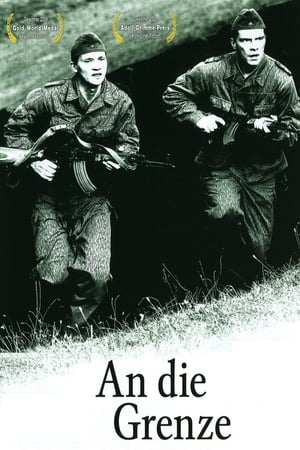 5.4
5.4An die Grenze(de)
19-year-old NVA soldier, Alex Karow, is sent to the West German-East German border in May 1974, shortly after Willy Brandt's resignation and during the World Cup. The army is dominated by brutal rituals, tolerated or used by the officers. Alex understands that the ideals of balance, democracy and human dignity are propaganda. The question of what happens when the other appears in the sights of the Kalashnikov occupies the soldiers day and night, interrupted almost exclusively by the games of the World Cup with the historic encounter between the GDR and the FRG. Alex draws strength from his love for Christine, a confident tractor driver who lives in the neighbouring village. Christine encourages him not to do what his father expects, but to follow his dream of becoming a photographer. But when her brother sends Alex's photo from the border fortifications to the West, everything gets out of control...
 8.0
8.0Pink Floyd: The Wall(en)
A troubled rock star descends into madness in the midst of his physical and social isolation from everyone.
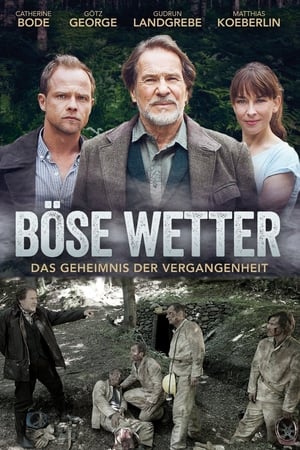 6.0
6.0Böse Wetter - Das Geheimnis der Vergangenheit(de)
As a geophysicist, Leonard Gehra is now known for his theories on silver mining. However, Leonard originally comes from the mining town of Buchenrode in the Harz Mountains, which he left after the mysterious death of his father in the 1970s. Now Leonard is to return to his homeland to put his previously theoretical method of mining silver in the old mining tunnels of Buchenrode into practice. The town is on the verge of bankruptcy after Ferdinand Türnitz decided to close his mines. Leonard, in whom the town's last hope is now placed, sets to work and discovers a long-kept secret during his investigations, which does not leave his father and Türnitz out in the cold.
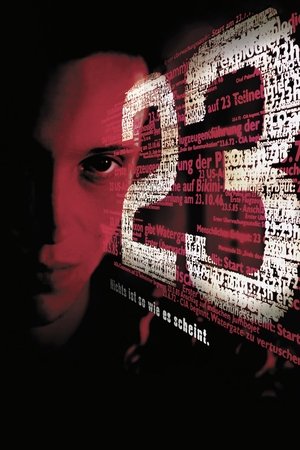 6.8
6.823(de)
The movie's plot is based on the true story of a group of young computer hackers from Hannover, Germany. In the late 1980s the orphaned Karl Koch invests his heritage in a flat and a home computer. At first he dials up to bulletin boards to discuss conspiracy theories inspired by his favorite novel, R.A. Wilson's "Illuminatus", but soon he and his friend David start breaking into government and military computers. Pepe, one of Karl's rather criminal acquaintances senses that there is money in computer cracking - he travels to east Berlin and tries to contact the KGB.
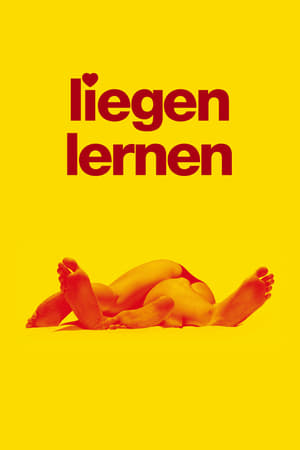 6.6
6.6Learning to Lie(de)
18-year-old school boy Helmut falls in love with fellow pupil Britta. He starts working for a Peace movement to get to know Britta. Britta, however, suddenly moves to San Francisco to live with her father and whilst there, finds a new boyfriend. Helmut studies, literature and politics in his home town and have a relationship with another girl from his former school, now studying medicine at the same university but they break up after having an affair with her roommate. Helmut begins a lot of short affairs with different women but still searches for his first girl.
 6.8
6.8The Architects(de)
The architect Daniel Brenner is in his late thirties when he receives his first challenging and lucrative commission: to design a cultural center for a satellite town in East-Berlin. He accepts the offer under the condition that he gets to choose who he works with. This way, he reunites with former colleagues and friends - most of them architects or students of architecture who have since chosen a different profession due to personal restraint or economic confinement. Together, they develop a concept which they hope will be more appealing to the public than the conventional and dull constructions common to the German Democratic Republic. However, their ambitious plans are once and again foiled by their conservative supervisors. As frustration grows, Daniel has trouble keeping his career in balance with his family-life: his wife Wanda wants to leave for West-Germany.
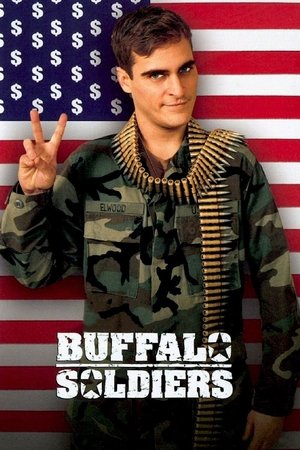 6.3
6.3Buffalo Soldiers(en)
A criminal subculture operates among U.S. soldiers stationed in West Germany just before the fall of the Berlin wall.
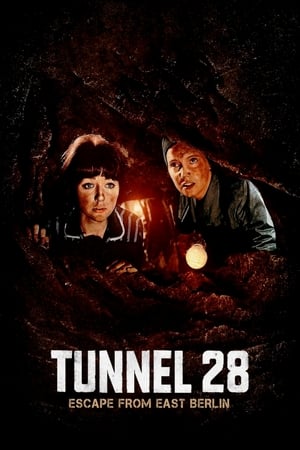 5.9
5.9Escape from East Berlin(en)
East Berlin, shortly after the construction of the Berlin Wall. Kurt Schröder and his family dig a tunnel to escape to West Berlin as they struggle to overcome the obstacles blocking their underground path to freedom.
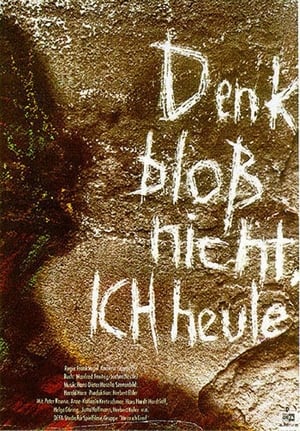 7.2
7.2Just Don't Think I'll Cry(de)
High-school senior Peter considers the adults around him to be hypocritical, self-congratulatory, and immersed in the past. He gets suspended for writing an essay that his teachers consider to be a challenge to the state. Just Don't Think I'll Cry became one of twelve films and film projects-almost an entire year's production-that were banned in 1965-1966 due to their alleged anti-socialist aspects. Although scenes and dialogs were altered and the end was reshot twice, officials condemned this title as "particularly harmful." In 1989, cinematographer Ost restored the original version, and this and most of the other banned films were finally screened in January 1990. Belatedly, they were acclaimed as masterpieces of critical realism.
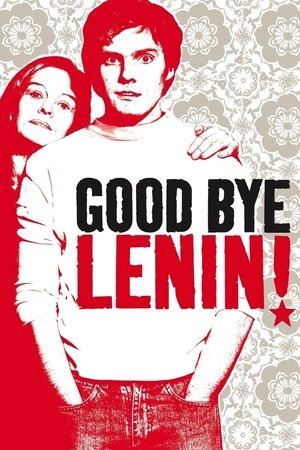 7.5
7.5Good Bye, Lenin!(de)
Alex Kerner's mother was in a coma while the Berlin wall fell. When she wakes up he must try to keep her from learning what happened (as she was an avid communist supporter) to avoid shocking her which could lead to another heart attack.
 7.5
7.5Night on Earth(en)
An anthology of 5 different cab drivers in 5 American and European cities and their remarkable fares on the same eventful night.
 8.0
8.0The Lives of Others(de)
In 1984 East Berlin, dedicated Stasi officer Gerd Wiesler begins spying on a famous playwright and his actress-lover Christa-Maria. Wiesler becomes unexpectedly sympathetic to the couple, and faces conflicting loyalties when his superior takes a liking to Christa-Maria.
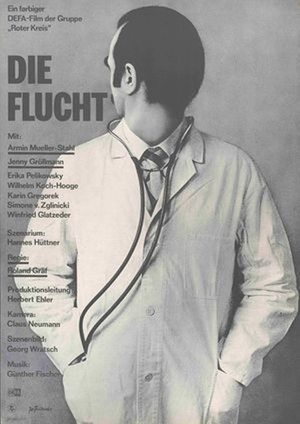 8.5
8.5The Flight(de)
When Dr. Schmith's proposal for international research on infant mortality is rejected, he decides to leave East Germany and strikes a deal with an escape agency that promises him a leading position at a children's hospital in West Germany. But then the decision is reversed: the project is approved and his international colleagues want Dr. Schmith to head the GDR section. Moreover, he falls in love with his new colleague, Katharina. Schmith initially tries to ignore the arrangements he made with the escape agency, but they blackmail him. Things soon turn deadly...
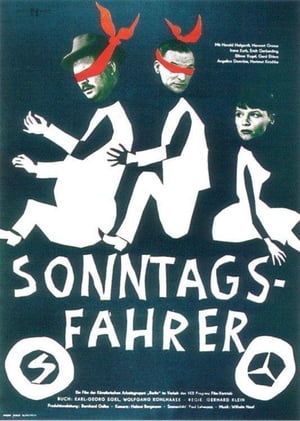 5.7
5.7Sonntagsfahrer(de)
On August 12, 1961, eight people in three cars set off for Berlin from Leipzig. They want to go to the West. The initiator is the philistine Spiessack, who drives the others, who have embarked on the adventure with mixed feelings. It becomes a journey with numerous incidents and panic, which causes the different characters to clash. When they finally arrive in Berlin the next day, they are not allowed to cross the border. The only option is to return. At home, Spiessack is met by a policeman in his living room - with the slogan "We'll be back" written on the wall.
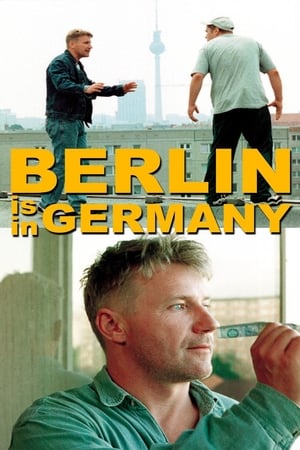 5.4
5.4Berlin is in Germany(de)
When Martin, a former GDR citizen, is released from jail, he lately becomes confronted with the consequences of the German re-unification.

